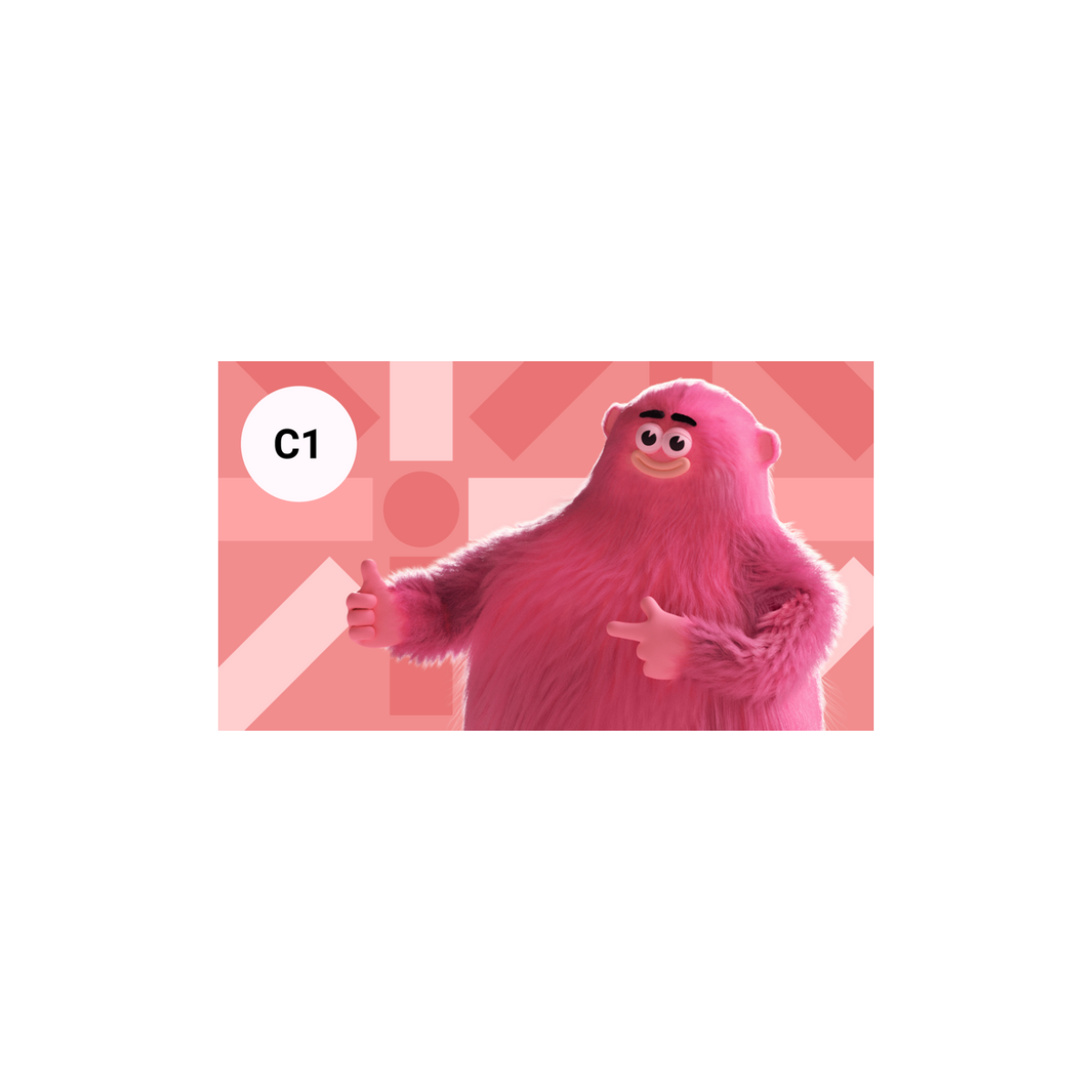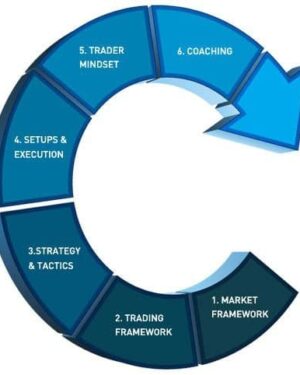Rafael Kluczynski – C1 Advanced German
Original price was: $409.00.$115.00Current price is: $115.00.
Description
Rafael Kluczynski: Perfecting C1 Advanced German
Learning a new language—especially in higher levels—is an interesting and demanding path. The Common European Framework of Reference for Languages (CEFR) suggests that the C1 Advanced German level denotes a high degree of fluency, therefore enabling learners to read challenging texts, express themselves fluently, and utilize the language successfully in social, academic, and professional environments. Rafael Kluczynski is one person whose attitude to learning C1 German sticks out. For students trying to reach this high degree of competence, his approach has evolved into a lighthouse.
Inspired by the approaches of Kluczynski and other language professionals, we investigate in this essay the key techniques, tools, and mentality required to reach C1 Advanced German competency. This all-inclusive book will help you on the correct road whether your goals are simple self-challishment, improving your professional prospects, or a formal exam preparation.
How Do I Reach C1 Advanced German?
The C1 Advanced German level certifies that the student can:
Recognize hidden meanings and grasp a broad spectrum of challenging, lengthier works.
Express thoughts freely and spontaneously without much evident hunting for words.
For social, intellectual, and professional needs, use the language creatively and precisely.
Create orderly, well-structured, thorough books on difficult topics displaying careful use of cohesive devices, connections, and organizing patterns.
Reaching this level calls not just strong vocabulary and grammatical knowledge but also considerable exposure to real-world German in context. Here Rafael Kluczynski’s approach shines, offering students a comprehensive road map to reach success.
Approach of Rafael Kluczynski for C1 Advanced German Immersion Learning Experience
Kluczynski’s method is based mostly on the emphasis on immersion. Although textbooks and regimented instruction are vital, actual development occurs when students are surrounded with the language of instruction. Rafael underlines the need of interacting with Germans in daily life. Podcasts, movies, news sources, or social media in German—regular exposure to native speakers improves listening and understanding abilities.
Active immersion—where students actively interact with material rather than merely receive it—is a fundamental component of his approach. This might be via noting in German when listening to advanced-level podcasts, copying actor pronunciation in German films, or translating challenging articles.
2. Growing in Grammar and Complex Vocabulary Skills
At the C1 level, knowledge of the subtleties of word usage in various circumstances replaces memorizing specific words. Working with synonyms, idioms, and collocations, Rafael Kluczynski’s approach is He advises making mind maps or vocabulary notebooks in which students classify words not just by meaning but also by their usage in several contexts.
At the C1 level, grammar also gets more complicated; the struggle is in learning passive voice, subjunctive moods, and sophisticated sentence construction. To assist integrate these complex patterns, Rafael exhorts regular practice of phrase transformation activities.
3. Proficient Writing and Speaking
Students must be able to generate clear, sophisticated speech and writing if they want to succeed at the C1 Advanced German level. Kluczynski’s approach gives practicing speaking and writing top priority. Speaking, he advises having students discuss current events in German or join German-speaking clubs where they are urged to argue, convince, and thoroughly explain their points of view.
Regarding writing, he advises using several kinds of written communication—from scholarly articles to official emails. Using instances of excellent German writing, his approach is trying to replicate the style, tone, and complexity in one’s own work.
4. Strategies for Exam Preparedness
If your intention is to take an official C1 German test, like the Goethe-Zertifikat C1 or telc C1, Kluczynski’s advise is to become early familiar with the exam structure. This covers knowing the kinds of assignments, time constraints, and grading standards. To develop confidence and efficiency, he counsels students to finish several practice exams under exam conditions.
One interesting advice from his approach is to give time management throughout the test top priority. Kluczynski advises setting aside particular times for reading comprehension, listening exercises, and essay writing so that none of any segment is hurried or missed.
5. Accepting Errors and Developing Confidence
The mental challenge of language acquisition is a sometimes disregarded feature of it. The number of fresh material often overwhelms students as they go toward the C1 level. Kluczynski emphasizes the need of seeing mistakes as inevitable components of the learning process and of accepting them. He advises students to concentrate on slow development instead of aiming for excellence right away.
One has to start believing in their own ability. Rafael’s method is to create reasonable objectives—such as learning ten new vocabulary words every day or boldly speaking five minutes on a fresh topic. These little, doable tasks help create momentum and lower the stress sometimes associated with advanced language acquisition.
Tools for Learning C1 Advanced German
Several important tools accompany Kluczynski’s method in enabling students to efficiently attain the C1 level:
1. Complete grammar guides and textbooks.
Exchanges Popular among C1 students, C1 provides a plethora of reading resources, listening activities, and advanced grammar practice.
More securely! C1: This series guarantees that students grasp difficult grammar structures fully by offering interesting and demanding assignments.
2. Digital Tools and Apps
Perfect for honing the large vocabulary needed at the C1 level, Anki is a flashcard software with spaced repetition.
By giving students access to a large body of German-language material, LingQ helps them to raise their reading and listening comprehension.
3. True German Media
Leading news source in Germany, Tagesschau provides daily news bulletins in standard German—ideal for advanced listening practice.
Deutschlandfunk is a nationwide public radio station offering news in high-level academic German together with podcasts.
In essence,
Although it’s not a minor accomplishment, reaching the C1 Advanced German level is totally doable with the correct attitude, tools, and techniques. The way Rafael Kluczynski approaches language acquisition emphasizes the value of immersion, deliberate practice, and regular exposure to real-world German material. These exercises will help you reach fluency whether your goals are to simply enjoy German literature and culture or to succeed in work settings.




